This is our second interview with Vania King (the first is below), a 2-time Grand Slam champion.
We talk about how and when to cross at the net, practice time, and return strategy.
Also in this conversation:
- What Vania would do to help a 3.5-4.0 player improve in 3 months at the net.
- How she ranks her play as a server, returner, server’s partner, and returner’s partner.
- A specific tactic she used for returning down the line.
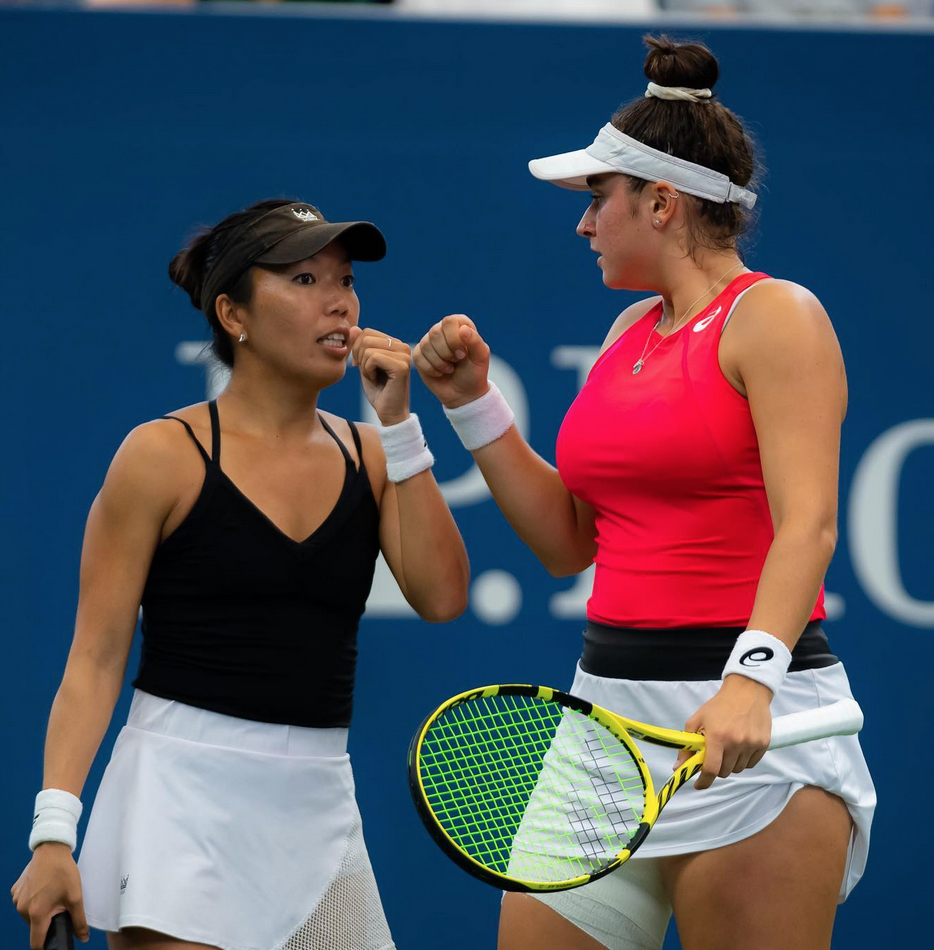
You will hear how to improve your net play, specific doubles strategy for club-level players, and how to practice better.
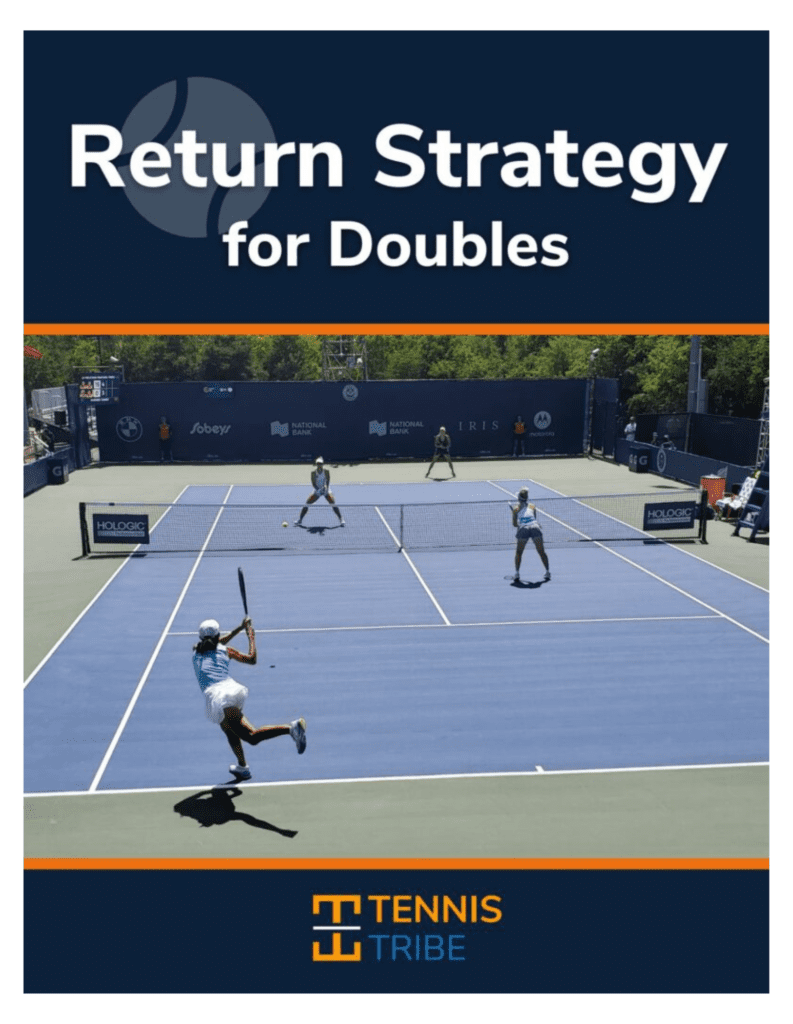
This 71-page Ebook will skyrocket your return game
Proven Return Strategies Against Any Type of Server
EVERYTHING I know about return strategy. I teach this information to 3.0 club players and ATP/WTA top 10 doubles teams.
Interview Notes from this Podcast
*To help support The Tennis Tribe & provide more free content like this, we may earn a percentage of purchases through the links below. See our affiliate page for more info.
- Follow Vania: Twitter | Instagram
- Crossing & Net Play
- Vania believes too many players don’t cross enough and that since most club-level players go crosscourt a lot, you should cross more often.
- Just the pressure of crossing can get in your opponents’ heads and force errors.
- Having a coach and teammate that support this style and being able to balance your emotions is important.
- How a 3.5-4.0 Player Can Improve in 3 Months
- If you aren’t super athletic, you may need to leave for crosses earlier, leave more of the court open, and communicate better.
- Learning to combat the lob is also very important at this level.
- To improve, you’ll need to practice 3-4 times a week and spend a quarter of your time on live ball drills and a quarter of your time on dead ball drills.
- You shouldn’t worry about protecting the line all of the time and cover the middle more.
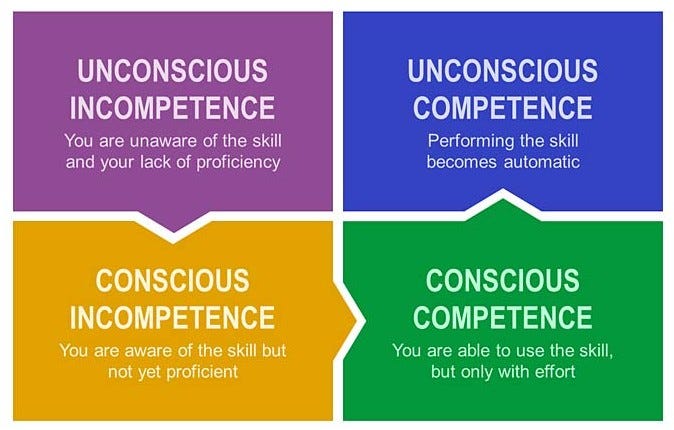
- Scouting an Opponent
- When scouting an opponent, you should either watch their most recent match, find footage of a recent match on the same surface, or talk to people about their game.
- You should consider what their weak and strong sides are, what shots they can’t hit, what they do under pressure, how they serve and play at the net, and which partner you should target.
- Always be prepared to adjust your plan during the match.
- Return & Serve Strategy
- Vania ranks her four positions on the court as (1) Returner (2) Server’s partner (3) Returner’s partner (4) Server.
- When returning, she would always let her partner know where she was going to go and would go down the line early in the match to take charge.
- She believes that hitting flat, early, and at the opponent takes away a lot of options for them.
- When serving, she liked to mix the speeds and heights of her serve often to throw off her opponents.
- Vania’s Favorites
- Tournament: Indian Wells & Australian Open
- Non-Tennis Book: Books by Neil Gaiman & Octavia Butler
Vania King Interview: Improving Her Kick Serve, Winning 2 Majors, & Inspiring Motivation
This was our first interview with Vania in January 2023.
This is an interview with a former world #3 doubles player, 2-time Grand Slam champion, and Top-50 singles player, Vania King.
Vania shares key moments and what led to them during her career, the unique way that she made adjustments (especially to her kick serve), and what went right in 2010 for her two majors. She won Wimbledon and the US Open back-to-back in 2010 with doubles partner Yaroslava Shvedova.
I also ask Vania about:
- Her unique approach to improvement that led to her first singles title and her two doubles Grand Slams.
- What was going through her mind & some behind-the-scenes stories during her Wimbledon title.
- How to deal with parents/coaches that push kids too hard.
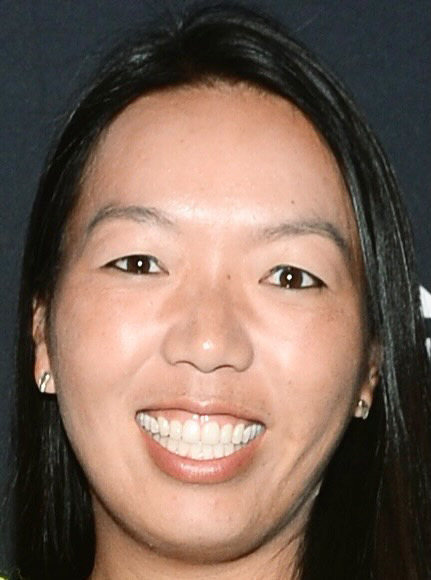
You will hear how she got into tennis, a trend she has seen in club-level doubles, a teaser for a possible second episode to discuss strategy and her foundation, and what we can do to make doubles more popular.
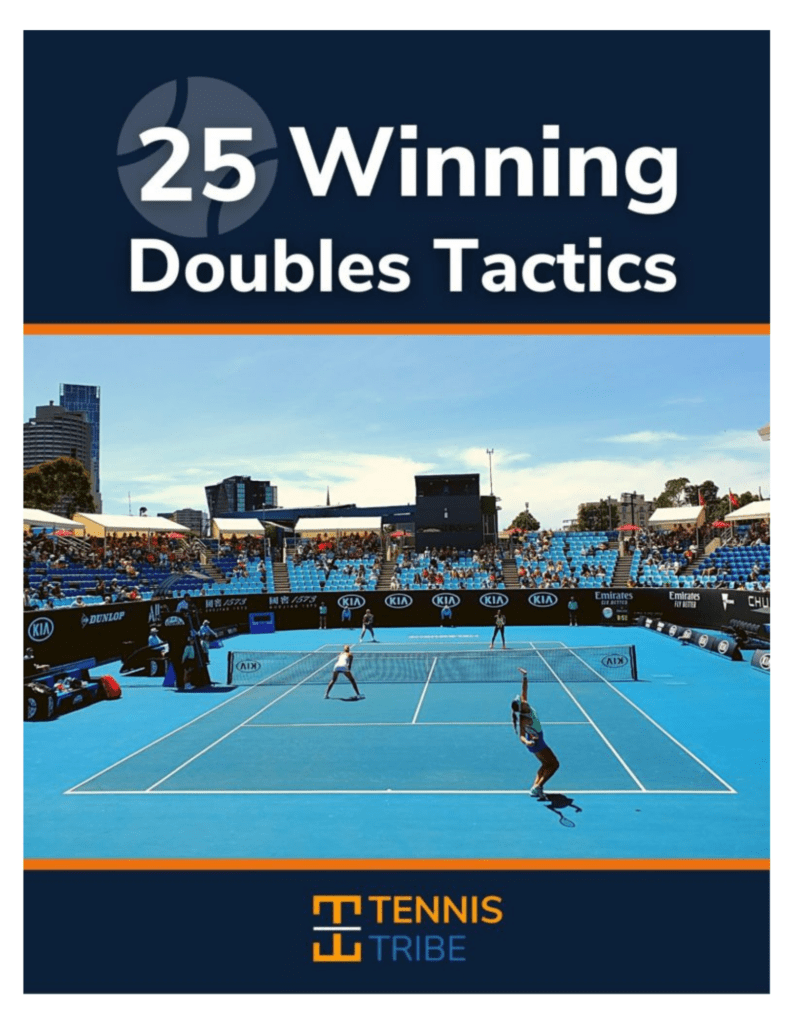
25 Winning Doubles Tactics Guaranteed to Help You Play Smarter
Ebook with 25 expert serve (7), return (5), net-play (5), baseline (4), & approach (4) tactics you can use in your next doubles match.
Interview Notes from this Podcast
*To help support The Tennis Tribe & provide more free content like this, we may earn a percentage of purchases through the links below. See our affiliate page for more info.
- Follow Vania: Twitter | Instagram
- Why did you say you’re not athletic on the Inside-In Podcast?
- Vania thinks tennis is one of the hardest sports because you have to have a broad range of skills (physical, mental, technical, etc…).
- However, the good part about it requiring several skills is that you don’t have to be great at all of them.
- For Vania, she felt that her timing and intuition were good but she was never the faster or most physically-talented player.
- What led to your only WTA singles title?
- She felt like before October of 2006 she had been improving a lot but not seeing it in the win column.
- Her coach at the time, Ray Ruffels, believed in always implementing adjustments into matches and she felt like in Bangkok, those adjustments were finally clicking.
- What are your thoughts on making adjustments?
- Due to her time with Ray, she learned that you should often commit to changes or try to make smaller modifications towards a change but never revert to an old habit.
- If you’re trying to improve or change something, you need to be okay with sucking and commit to at least three focused practices a week.
- What led to your Grand Slam breakthrough in 2010?
- Ray helped her connect with Rennae Stubbs to play some doubles at a Tier 1 tournament where they lost in the finals to Lisa Raymond and Sam Stosur. Vania thinks that experience helped her progress.
- Related Podcast: Lisa Raymond Interview
- Before she won Wimbledon and the US Open with her partner Yaroslava Shvedova, she was playing with Anna-Lena Gronefeld, who she felt like she was playing well with. But, Anna-Lena got injured, so she had to find a new partner.
- She also felt like grass was her worst surface, she was sick heading into Wimbledon, her partner had a racquet stolen, and all of these things helped them because it lowered their expectations and helped them relax.
- She also details how they got through several tough rounds against players like Stosur/Nadia Petrova, Kveta Peschke/Katarina Srebotnik, Bethanie Mattek-Sands/Liezel Huber.
- In the finals against Elena Vesnina/Vera Zvonareva, all four players were in their first Grand Slam final and Vania felt like they handled the pressure better than their opponents.
- What is your advice to parents/coaches that are hard on kids?
- First and foremost, Vania thinks that abuse is not acceptable in any form.
- Aside from direct abuse though, she suggests that fear is only a good short-term motivator and won’t motivate as well long-term as things like joy, thoughtfulness, and passion.
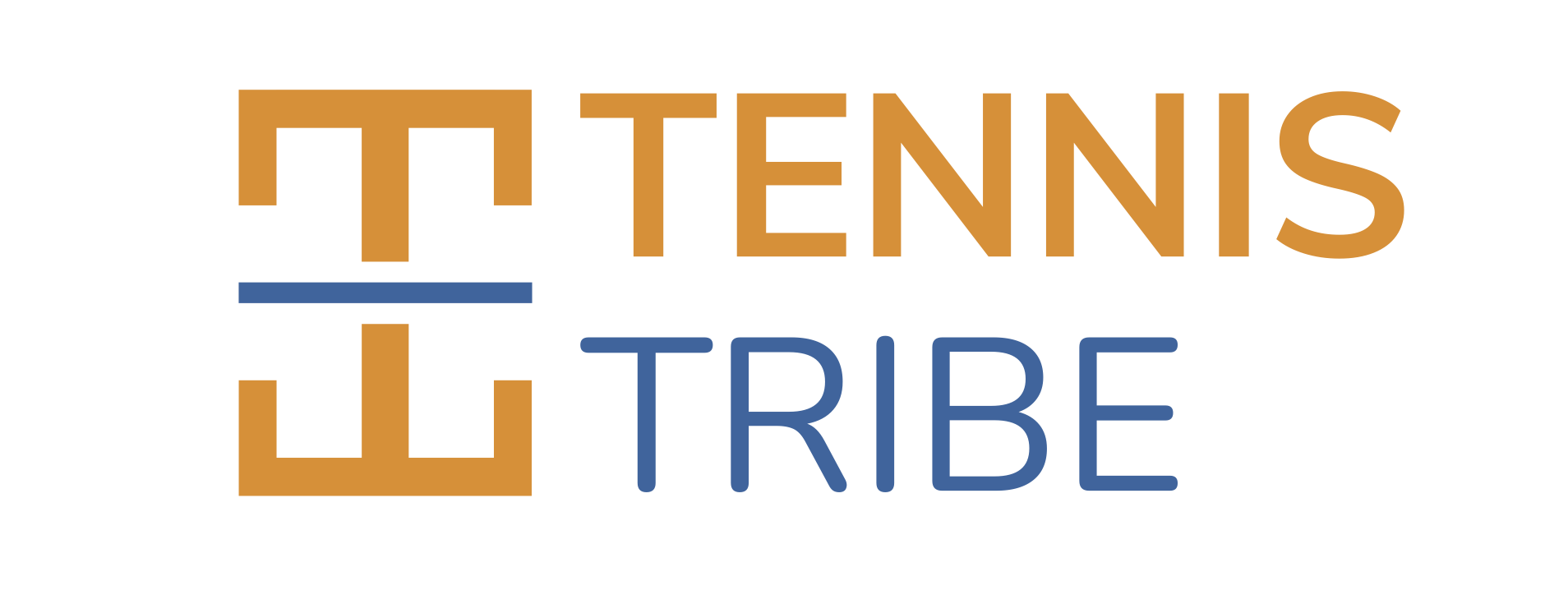
Leave a Reply